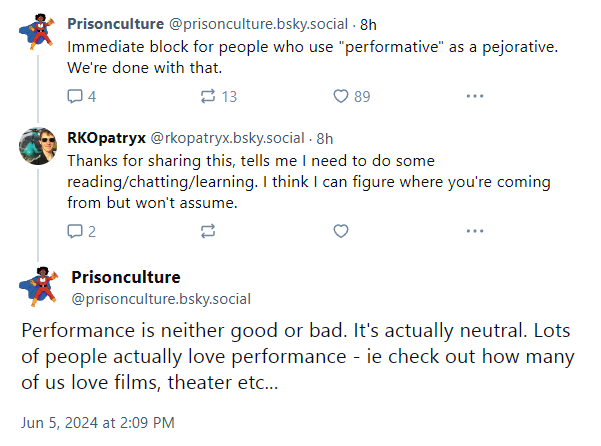askchapo
23056 readers
333 users here now
Ask Hexbear is the place to ask and answer ~~thought-provoking~~ questions.
Rules:
-
Posts must ask a question.
-
If the question asked is serious, answer seriously.
-
Questions where you want to learn more about socialism are allowed, but questions in bad faith are not.
-
Try !feedback@hexbear.net if you're having questions about regarding moderation, site policy, the site itself, development, volunteering or the mod team.
founded 5 years ago
MODERATORS
1676
1677
1678
1679
1680
1681
1682
1683
1684
1685
1686
1687
1688
1689
1690
1691
1692
1693
1694
1695
1696
1697
1698
1699
1700









